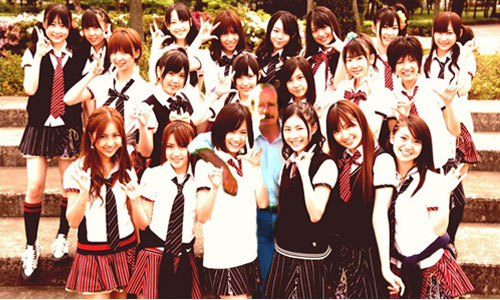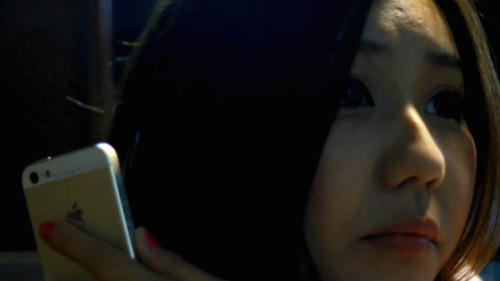Thanks received by this post:
Message reputation : 100% (1 vote)
First off, I'm not Japanese, I'm a Singaporean Chinese. Educated in English syllabus (I grew up reading Christian children stories without knowing Christ), brought up on a mix of "Chinese" and Western values. I was told to follow Chinese customs and never had thought of them as religious. I personally I feel that many Japanese's are like me.
Religion, Culture and Ideology in East Asia differs greatly from "Western" religions and may seem strange to outsiders. Even concept of God or gods are different. Add in modernization to the soup, it gets more strange. Worship and prayer may not even mean the same thing to us as you. Heaven and Sins as seen by Christian/Catholics may or may not exist.
Many Asian religions started off as Ideology, Philosophy and teachings. A way of life. Confucianism from Master Kong, Buddism from Siddhartha Gautama, Taoism from Lao Tzu. They started with little or no metaphysical traits. It teaches things like being kind to people, being filial to your parents etc. These teachings are now part of the culture. Mention Confucianism to a Japanese, he may crook a brow and have no idea what you're talking about, but most of the Japanese values, such as filial piety and respect of parents and elders, were derived from Confucianism. So does these collection of cultural values on its own makes a religion? I personally don't think so.
Customs like going to the temple and "pray" for luck during the New Year, cleaning your ancestor's grave during Obon. Carrying a charm so that they'll do well during the exams. So, during the new year what/who do they "pray" to for luck? What/Who grants your wishes for doing well in your exams. All these concepts are vague. Many just do it because it's part of the custom. Most of these customs has a religious undertone, but much of it is disregarded. When asked, many Japanese may say that they're Buddhist, but when they reached or were 20 years old, they attended the Coming of Age ceremony, which is actually Shinto. And the Shinto "believers" would go clean their ancestor's grave during Obon, which is actually Buddhist. When someone in the family passed away, the remaining family members
chants mantras with the monk, just because it's customary to do so. In this sense, the line between customs and religion is vague.
There are more "serious" religious activities such as daily chanting of mantras. Most Japanese don't actually practice that. So it's just like a person saying that he/she is Christian/Catholic, but have never prayed, go to Church, or said Grace. In this line, most Japanese are actually not practicing "their" religion.
All in all, generally Japanese are not religious. They may have certain beliefs, but well, because it's customary to have those beliefs. But we can't call them Atheist, as many of them do believe in matters of the supernatural. So, I guess we'll have to call them Free-thinkers.
As for our 4 girls. I personally don't think that they're religious, not that it matters.













 SCANDAL Tomomi .lol. SCANDAL Rina .uhuh. SCANDAL
SCANDAL Tomomi .lol. SCANDAL Rina .uhuh. SCANDAL 


















